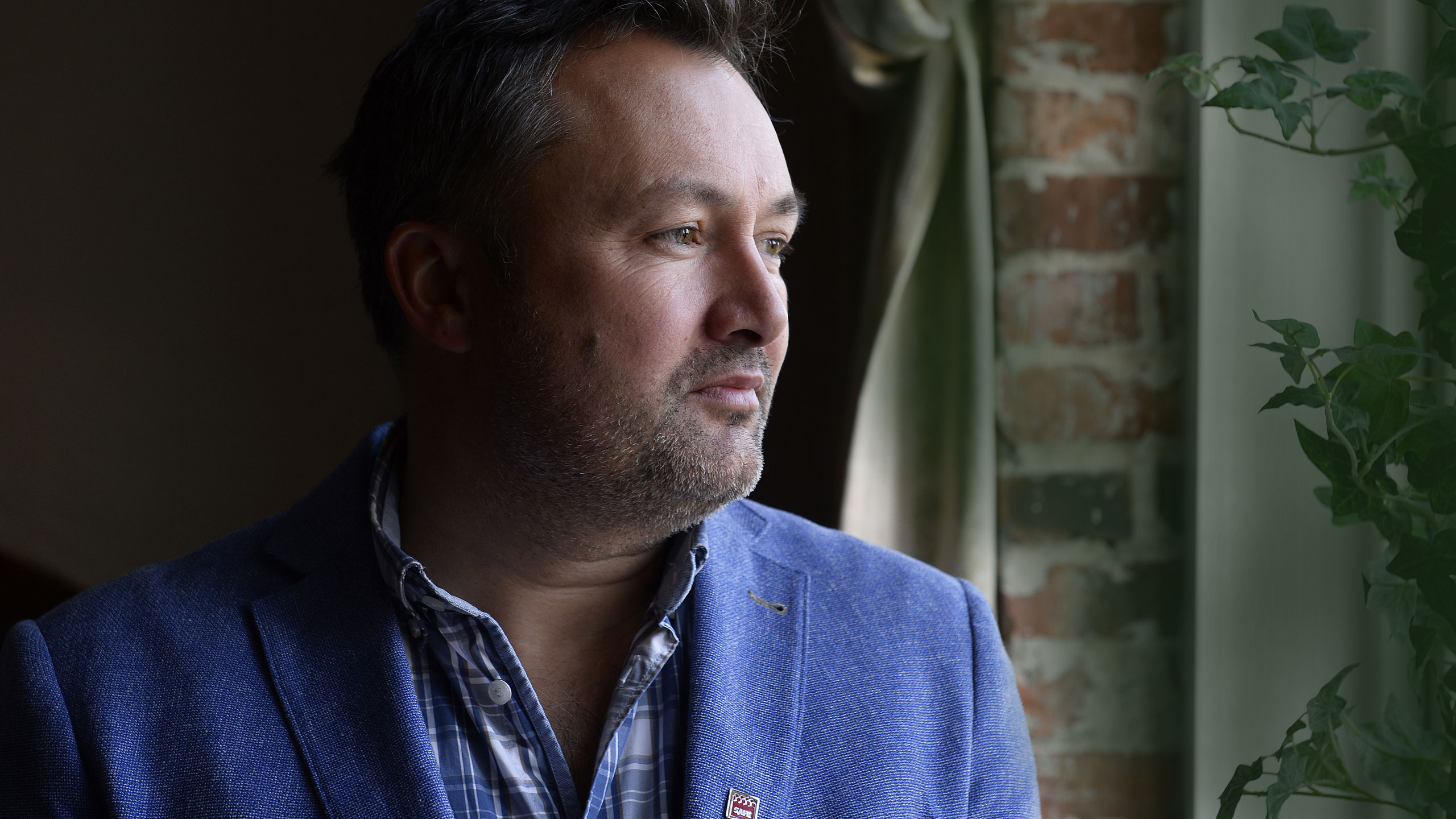Ironing out the paradoxes
 Photo: Jonas Haarr Friestad
Photo: Jonas Haarr Friestad
At his office in Stavanger, Refvik shakes his head over his own responses to the questions he is being asked.
He finds them overly diplomatic and flaccid, and would have preferred to express clearer and more categorical prophecies. But too much is involved for that, too many aspects must be balanced.
A senior official in the Norwegian Union of Energy Workers (Safe), he finds the current status of the industry paradoxical.
On the one hand, it is experiencing high oil and gas prices and great activity. On the other, the UN secretary general has declared code red for humanity.
“We’ve no problem producing oil and gas which meets the ever-rising demand,” Refvik affirms. “But unless the climate aspect is taken care of, there’s sort of no point.”
Checking out a changing industry
In a series of articles we will provide insights into some of the demands on and expectations for Norway’s largest and most profitable industry. These signals come f rom different quarters – politicians, climate activists, capital managers and employees.
Reservations
He is an optimist with reservations, and sees much that needs to be in place before he can lean back and give a thumbs up for the energy sector’s future.
One requirement is striking a balance between producing hydrocarbons while nevertheless being sustainable. Another is how to work together to find solutions for tomorrow’s challenges.
“We already have a number of collaborative arenas for employers, unions and government, where good and constructive conversations cover many aspects and areas,” says Refvik. “And that’s positive. But a lot needs to be done.”
He lists a number of things which have to be in place from his perspective: more arenas, room to listen to everyone’s views, and a liberal attitude.
“And this must be based on facts. We need to listen to the experts. That’s the core.”
We’ve no problem producing oil and gas which meets the ever-rising demand. But unless the climate aspect is taken care of, there’s sort of no point.
Positive
Refvik also identifies much which he finds positive, and is convinced that the key to tomorrow’s energy solutions lies in the expertise of the oil and gas industry.
As a result, he has no hesitation in recommending a career in this business to young people. “An education in and experience from today’s petroleum industry will make you a proud energy worker in the future.”
Activity
So what is needed to safeguard oil jobs while maintaining the balance mentioned above? Refvik believes that a high level of activity on the NCS is a prerequisite for “saving” the world.
“We must put CCS in place. The environmental benefit is so big that it’s a precondition. We must then think solar, offshore wind and other energy forms.
“In this picture, however, we need a capital base – and that’s why oil and gas production must continue.”
He is frustrated by the public debate on sustainability. “People here talk almost exclusively about fossil fuels and emission cuts. And that’s important. We must act in this area.
“But we must also be allowed to comment on India and China without being slated as irresponsible. We must obviously do our bit, but the climate is a collective, universal responsibility.”
He also emphasises the importance of economic muscle in developing new technology, and is therefore pleased that the new government’s policy platform talks about developing rather than winding up the oil and gas sector.
“This includes being able to back Sintef and the Norwegian University of Science and Technology [NTNU) in researching CCS and new energy forms. We have every opportunity to be in the driving seat for technological innovation.”
Perspective
Refvik has worked with HSE for many years and in different arenas, and the safety perspective is always present – not least when talking about the future and new players on the NCS.
He makes it clear that the need for good operating parameters from the politicians is not confined to the climate side.
“Maintaining the level of offshore safety, regardless of activity, is crucial. They must talk together, and listen to public opinion. We must be synchronised with the rest of society.
“In this respect, the PSA with its expertise plays an important role. Views differ over which energy forms should be pursued, but let the PSA keep its hands on the safety wheel.”
The PSA with its expertise plays an important role. Views differ over which energy forms should be pursued, but let the PSA keep its hands on the safety wheel.
Well
“If we get what we want, this will go well,” says Refvik, before smiling at his own statement.
“Let’s continue to produce oil and gas, so that we’re equipped to achieve the necessary technological boost. The world will then be greener.
“In addition, we must get CCS in place as soon as possible. And those of us who work in the industry must have an important voice when new energy forms are to be developed and introduced.”
He says that will lay the basis for a new industrial adventure in the North Sea, and Norway can look forward to a positive future.
“And we then need more specialists on the front pages. We must listen, read and be enthusiastic about everything which is happening and going to happen in this sector.”
Dialogue article
This article has been taken from our Dialogue journal, which aims to encourage debate on some of the most relevant issues and challenges faced by the industry in the safety area.